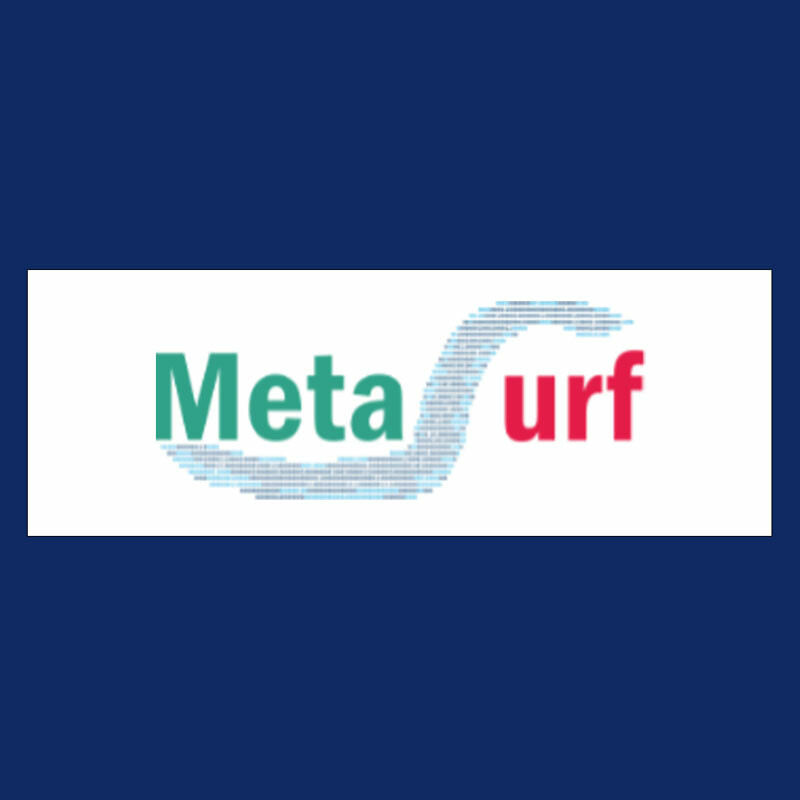The MetaSurf project is a comprehensive initiative aimed at transforming how data is managed, shared, and utilized in the field of surface science. It seeks to implement the FAIR (Findable, Accessible, Interoperable, and Reusable) principles across a broad spectrum of experimental and simulation data. The project's central objectives include:
-
Extension of Existing Infrastructure: Enhancing the Kadi4Mat platform by integrating advanced simulation and modeling workflows, GitLab, and JupyterLab. This extension aims to facilitate automated processing steps and streamline the data management process.
-
Development of a Public Data Repository: Establishing a centralized repository for surface science data, accessible to the global research community. This repository will serve as a hub for data exchange, fostering collaboration and accelerating scientific discovery.
-
Metadata-Driven Approach: Emphasizing the use of metadata, electronic lab notebooks, and data repositories to promote reproducibility and transparency in research. By developing tools, workflows, and templates that leverage metadata, the project intends to enable a more structured approach to data management, ensuring that data from diverse sources can be easily integrated and analyzed.
-
Community Engagement and Standardization: Working closely with the surface science community to develop standards for data exchange and processing. The project aims to cultivate a culture of data sharing and collaboration, encouraging researchers to adopt these standards in their work.
-
Innovation in Data Processing: Introducing new processing tools and techniques designed to handle the complexities of surface science data. These innovations will address the specific needs of the community, such as data visualization, analysis, and interpretation, enhancing the overall quality and impact of research in this field.
By achieving these goals, the MetaSurf project aspires to create a more cohesive, efficient, and innovative research environment in surface science, where data can be easily accessed, shared, and leveraged to drive new discoveries and advancements.
HEREON
July 3, 2024Institute of Surface Science
July 3, 2024Institute of Metallic Biomaterials
July 3, 2024Kadi4Mat
July 3, 2024Kadi4Mat’s documentation!
July 3, 2024
